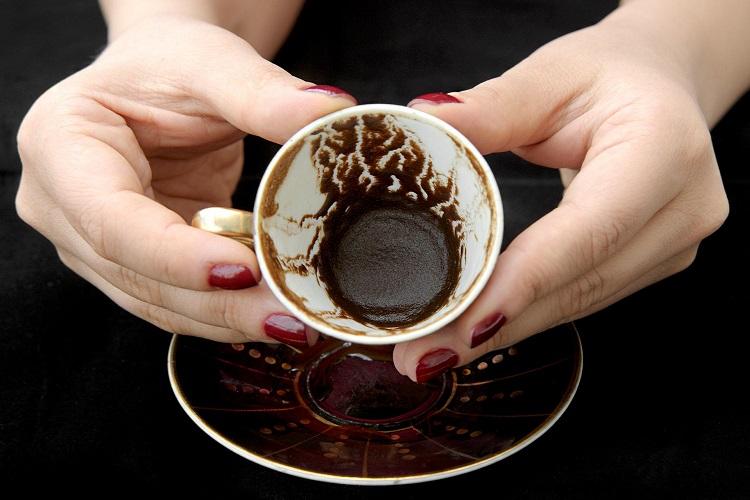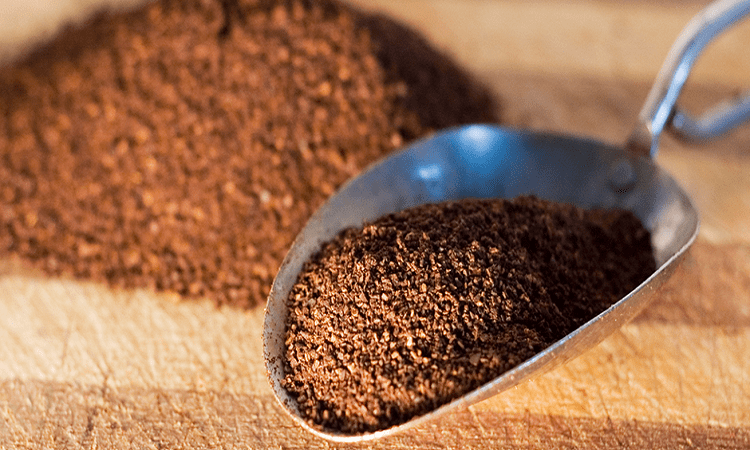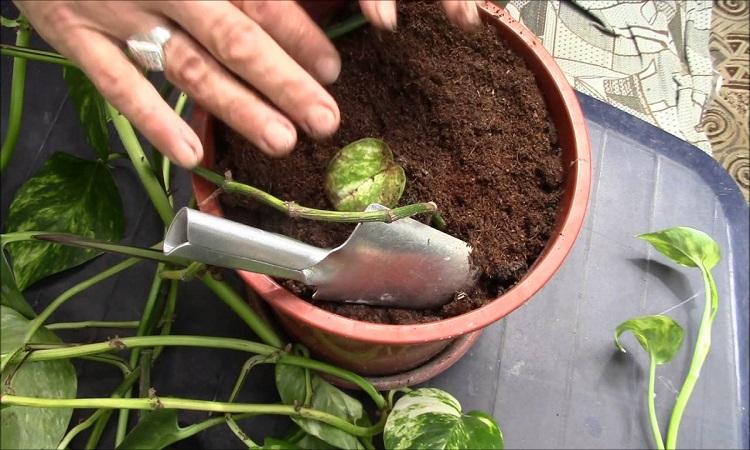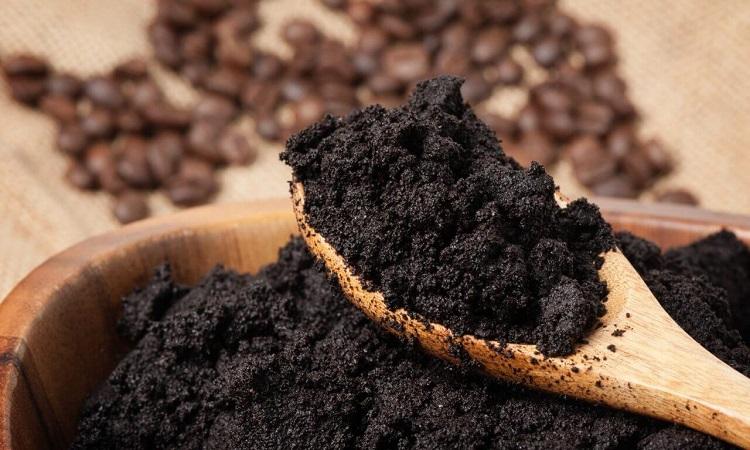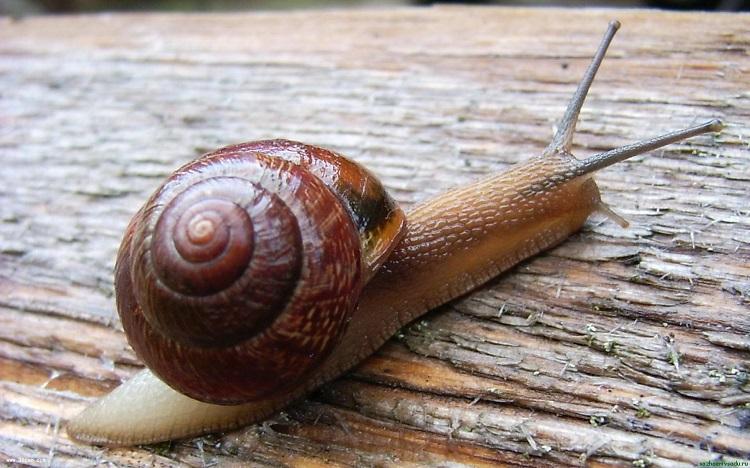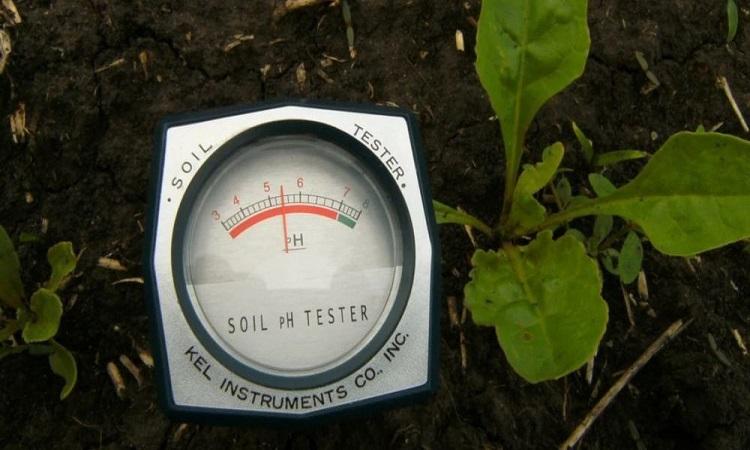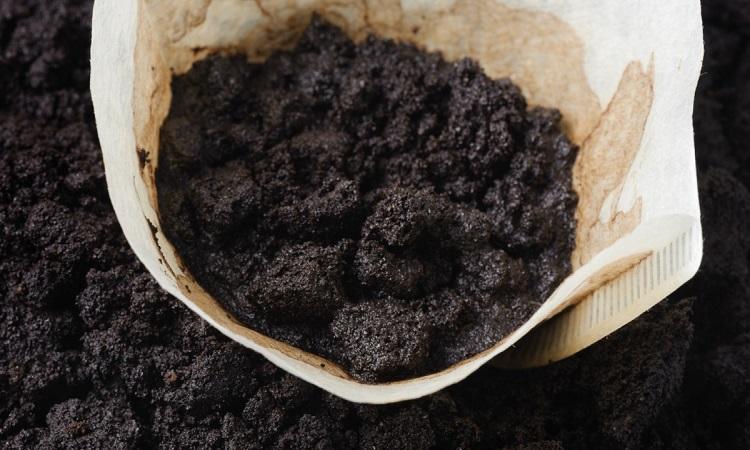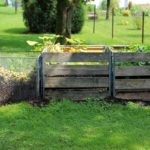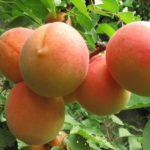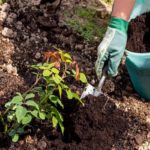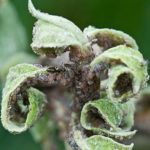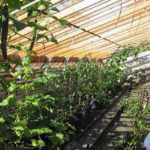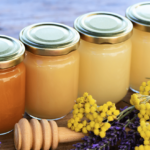Coffee lovers accumulate a lot of grounds left over after drinking the drink. Many people throw it away, but it can be useful. Let's consider the advantages of coffee grounds as a fertilizer, what garden and indoor plants it can be used for, various methods of application, when the grounds cannot be used and the shelf life of natural fertilizer.
What are the benefits of coffee grounds?
In sleeping coffee, despite the fact that the bulk of the beneficial substances have passed into the drink, vitamins and minerals and other beneficial substances still remain (on average, in an amount of 3%). They can be an excellent fertilizer for indoor and garden flowers and garden crops. It can be used when preparing the soil, during planting, and in small quantities as a regular top dressing.
You can also use the cake for the garden, adding it to the soil as a leavening agent, especially in heavy and clayey soil. After application, the soil becomes softer, airier, its structure improves, and the coffee mass attracts earthworms, which loosen the soil. Coffee repels harmful insects; it can be used as a preventative against pests for flowers and garden crops.
For which plants is coffee fertilizer suitable?
The use of grounds is recommended for plants that like to grow in acidic soil, as it has the same reaction. These are, for example, heather, azaleas, rhododendrons, hydrangeas.
Due to the high potassium content, coffee pulp can be added to tomatoes, potatoes, peppers, cucumbers, fruit and berry trees, and herbs, but in a small amount so as not to make the soil acidic. Among the indoor flowers that respond well to feeding are roses, violets, asparagus, ficus, palm trees, and ferns.
Methods of application
Coffee grounds can be used in a variety of ways.Add it to the soil, mix it with it, spread it on top as mulch, make compost. Let's consider these methods in more detail.
Watering
Spent coffee can also be used as a watering agent. To water the plants with the solution, it must be prepared from 1 cup of coffee mass and 10 liters of water. Preparation procedure: pour water over the coffee for 1 day so that it swells, then stir in the remaining water. You can water recently planted berry bushes with this infusion at the rate of 1 liter per bush.
Mulching
Dry coffee grounds can be sprinkled on the soil as mulch. It will protect it from drying out and improve its structure. It is important to use only dried residues, as mold may form on wet ones.
Soil Supplement
The thicket can also be simply poured into a hole or hole when planting seedlings or seedlings. At the same time, it must be mixed evenly with the soil. This technique allows you to fertilize plants and improve the structure of the soil, making it loose and drained. On light soils, coffee works as a binding element. It is applied to the top layer of soil at a rate of 200 ml per 1 square meter. m.
Compost
Coffee compost is prepared, like regular compost, from plant and kitchen scraps. The grounds work as a nitrogen component, which activates thermal processes inside the mass, that is, it accelerates its heating.
If the compost begins to dry out, it must be moistened with water and the layers must be turned over to expose them to air. The size of the heap must be at least 1 square. m. In about a month, the compost will be suitable for use. It can be prepared in the fall, and not just during the season; In order for it to last until spring, the pile needs to be covered with leaves and spruce branches.
For seedlings
When preparing the substrate for seedlings, you can add a little coffee residue to the mixture. Mix with soil. In the future, you can water the plants with infusion on the grounds. It will act in the same way as on adult plants.
The spent powder can also be used to prepare soil for germinating seeds. You need to mix it with soil and sow seeds in it. They should germinate faster and more friendly. This is explained by the effect of the beneficial composition of coffee and the improved qualities of the substrate - friability and moisture-holding capacity. As a result, the germination rate of seeds increases, and the seedlings become strong and powerful.
Pest protection
Coffee helps protect crops from insects: aphids, ants, slugs, snails. It usually acts against insect larvae, but there is evidence that this remedy is also effective against adults. The thicket cannot be compared with insecticides in terms of the degree of action, but its advantage is that it is completely safe and non-toxic for plants and soil.
In what cases should you not use coffee supplement?
Coffee contains a lot of nitrogen, which is why it needs to be used in doses. If the content is high, the powder may burn the roots. A damp, not dried mass often becomes moldy and fungi develop on it.
It is not advisable to use such fertilizer or coffee mulch for plants that grow in alkaline soil. It is believed that coffee can change the color of rose petals.
If the color of the foliage changes, fertilizing should be canceled. Or strain the infusion, use only the liquid for watering, and apply the cake under the conifers.
You can only use natural coffee beans, without adding milk or sugar. Milk promotes rotting of the mass, and sugar attracts ants to the plants.Unbrewed powder also cannot be used; it gives an acidic reaction and contains too many substances that in large quantities will be harmful to plants.
Best before date
Wet grounds do not last long, so they must be dried until completely dry. The powder should be stored in jars with closed lids in a dry, dark place. Use as needed. If an unpleasant odor or mold appears in the jar, you need to throw away the contents and prepare a new composition. A spoiled mixture cannot be used - it will become a source of diseases and pests.
Coffee grounds can be useful to gardeners and indoor flower lovers as a natural and environmentally friendly fertilizer. It contains enough useful substances to feed crops, but by itself it cannot replace full-fledged fertilizers, so you should not rely on such fertilizing alone. Coffee can be used as an additional fertilizer and raw material for mulching and making compost.
When using, you need to ensure that you do not exceed the permissible dosage of grounds and add the powder correctly. It is usually used for indoor flowers, but if there is enough grounds, it can also be used for garden crops. Fertilizing affects all plants equally.

